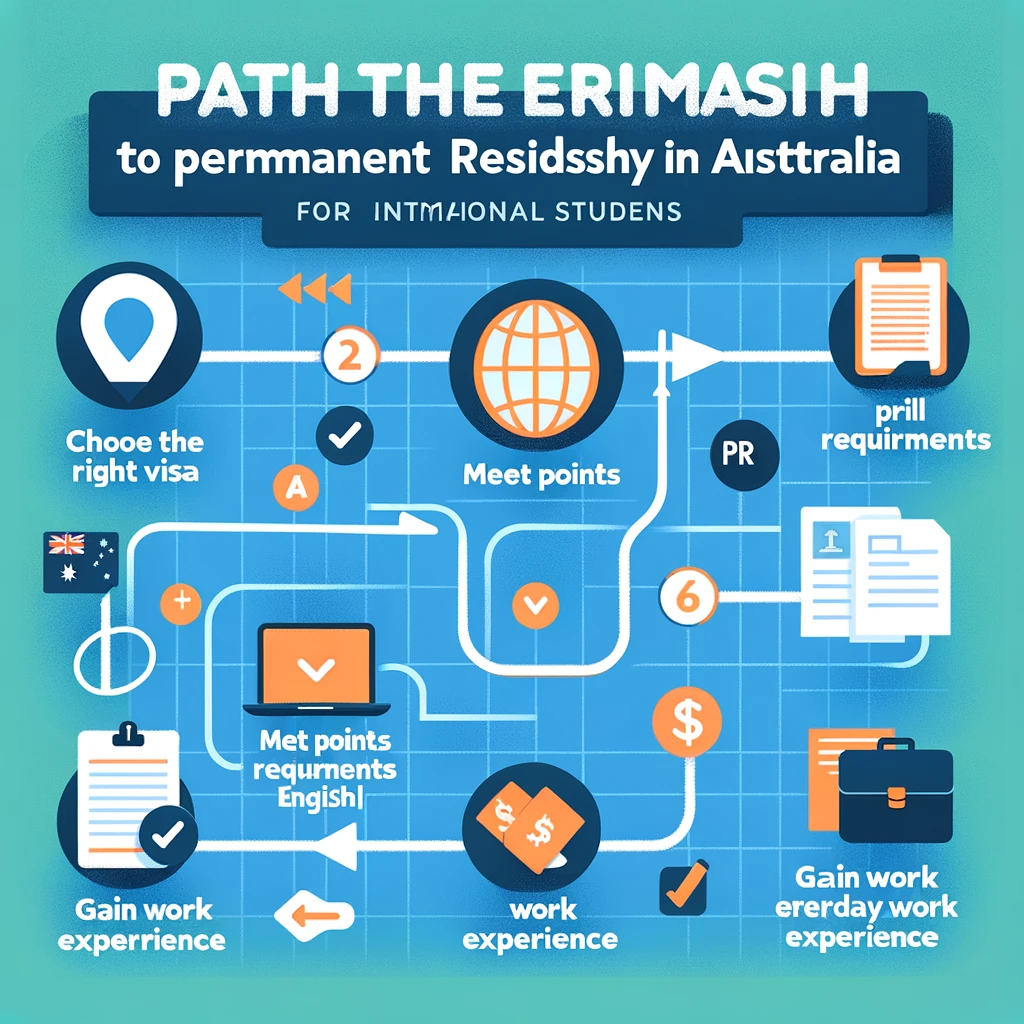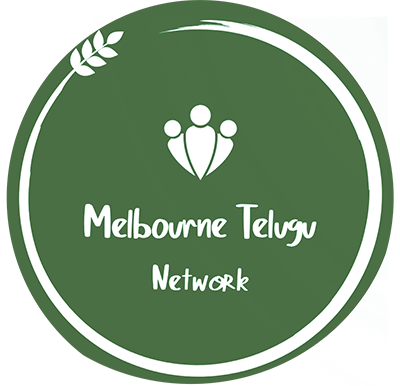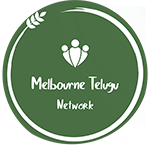Dear Telugu Community People,here we brought up with some suggestions, tips, recomendations to the students who are coming to plan for Australia from India.
Moving to Australia for higher education is an exciting adventure filled with opportunities. Proper planning is essential for a smooth transition. This guide offers key tips on securing your student visa, budgeting for living expenses, arranging accommodation, and understanding cultural differences. Prepare well to ensure a successful academic experience in Australia.
✨ Travel Arrangements
✨ Visa and Documentation
✨ Finances
✨ Packing Essentials
✨ Cultural Adjustment
✨ Academic Preparation
✨ Networking and Support
✨ Academic reputation
✨ English language proficiency
✨ Housing options
✨ Living costs
✨ Healthcare options
✨ Working while studying
✨ Pathway to PR
🌏Travel Arrangements
-
Book Flight Tickets: Reserve your flight well in advance for better rates.
-
Arrange Airport Transfer: Plan transportation from the airport to your accommodation.
-
Travel Documents: Keep your passport, visa, and offer letter handy; have copies.
-
Baggage Preparation: Check airline baggage allowance, label your luggage with contact details.
-
Emergency Contacts and Plans: List of emergency contacts and a plan for travel disruptions.
📚Visa and Documentation
-
Apply for Subclass 500 Student Visa: Essential for studying in Australia.
-
Ensure Valid Passport: Check expiration date to avoid issues.
-
Obtain Offer Letter: Secure an official offer from an Australian institution.
-
Prepare Financial Documents: Show proof of funds to support yourself.
-
Purchase OSHC (Overseas Student Health Cover): Mandatory health insurance for international students.
✨Finances
-
Budgeting: Plan for tuition fees, living expenses, and travel costs.
-
Open Australian Bank Account: Simplifies transactions and fee payments.
-
Explore Scholarships: Look for options to reduce financial burdens.
🌏Packing Essentials :
-
Clothing: Pack according to the Australian climate.
-
Important Documents: Carry originals and copies of essential documents.
-
Electronics and Personal Items: Bring necessary gadgets and personal belongings.
-
Medications: Carry any required medication with prescriptions.
✨Cultural Adjustment
-
Learn Australian Culture: Understand social norms and practices.
-
Improve English Skills: Enhance language skills if needed.
-
Student Groups: Join online forums or groups to connect with other international students.
📚Academic Preparation
-
Course Structure: Familiarize yourself with your course and curriculum.
-
Study Materials: Arrange for textbooks and other necessary materials.
-
English Proficiency: Meet language requirements with IELTS or TOEFL scores.
🌏Communication
-
International SIM Card: Get a SIM card or research local mobile plans.
-
Inform Family: Share your travel and contact details with family members.
✨Networking and Support
-
Indian Community: Connect with local Indian communities for support.
-
Student Organizations: Participate in university events and student groups
🌏Academic Reputation
-
Top-Ranked Universities: Australia is home to 43 universities, with five ranked among the top 50 in the latest QS University Rankings.
-
High Impact Rankings: University of Western Sydney, University of Technology Sydney, and La Trobe University are in the top 20 globally for advancing the UN’s Sustainable Development Goals (SDGs).
-
Global Issues Focus: Australian universities are recognized for tackling global challenges such as gender inequality, quality education, climate change, and economic growth.
-
Comprehensive Education: These institutions provide education that leverages personal gain and empowers students to contribute to broader societal goals.
-
Reputation for Excellence: Australian universities are highly regarded worldwide for their commitment to academic excellence and impactful research.
📚English Language Proficiency
-
Mandatory for Admission: Proof of English proficiency is required by most Australian universities.
-
Accepted Tests: Common tests include IELTS, TOEFL, and PTE Academic.
-
Typical Score Requirements:
-
IELTS: 6.0 to 7.0
-
TOEFL iBT: 60 to 100
-
PTE Academic: 50 to 65
-
-
Preparation Courses: Improve your English skills through preparatory courses focused on reading, writing, listening, and speaking.
-
Validity: Test scores are generally valid for two years. Ensure your scores are current for your application
✨Housing Options
-
On-Campus Accommodation: Convenient with included utilities and a sense of community.
-
Off-Campus Shared Apartments: Cost-effective, shared living with other students.
-
Homestays: Live with a local family, offering support and cultural immersion.
-
Private Rentals: Independent living with higher costs, handling utilities separately.
-
Temporary Accommodation: Short-term options like hostels or hotels for the initial weeks.
🌏Living Costs :
=>Not exact,its just an Average Monthly Living Costs for Students in Australia
-
Food & Groceries: 208 AUD – 416 AUD
-
Accommodation: 800 AUD – 1500 AUD
-
Transportation: 44 AUD – 89 AUD
-
Internet: 20 AUD – 55 AUD
-
Miscellaneous: 150 AUD – 281 AUD
✨Health Care Options
-
OSHC: Mandatory, covers medical services, hospital care, ambulance, and limited pharmaceuticals.
-
University Health Services: On-campus services include GP consultations, mental health support, and vaccinations.
-
Medicare: Generally not for international students, but some reciprocal health care agreements exist.
-
Private Health Insurance: Covers additional services like dental, optical, and physiotherapy.
-
Pharmacies and Prescriptions: OSHC covers most prescriptions; bring a supply and copy of any regular medications.
📚Working While Studying
-
Understand Work Limits: Work up to 48 hours per fortnight during study periods; unlimited during breaks.
-
Choose Flexible Jobs: Opt for part-time roles like retail, hospitality, tutoring, or on-campus jobs.
-
Get a TFN: Apply for a Tax File Number for correct taxation and paid employment.
-
Balance Work and Study: Prioritize academics and manage your time effectively.
-
Use University Resources: Utilize career services and job boards for student-friendly job opportunities.
✨Path to PR
-
Choose the Right Visa: Look into Subclass 189, 190, or 485 visas.
-
Meet Points Requirements: Score points based on age, English, experience, and education.
-
Get Skill Assessment: Obtain a positive assessment from the relevant authority.
-
Improve English: Aim for high scores in IELTS, TOEFL, or PTE Academic.
-
Gain Work Experience: Build relevant experience in your field.



